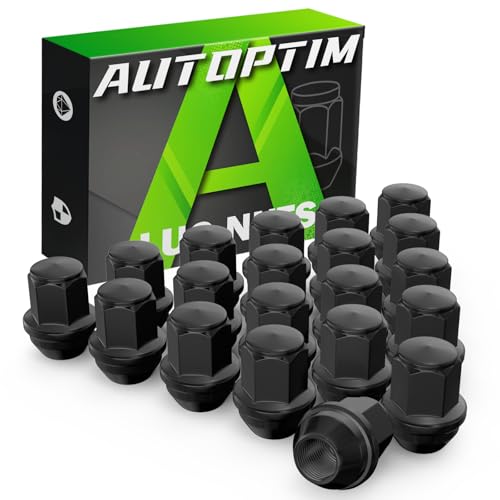I don't think that we are going to go all electric anytime soon, it will be a good long time before we get there, if we ever do. The infrastructure is not there, the electric grid as it stands could not EVER support every vehicle in the road being electric, and to this day, you still have issues with range, and charging times, that they may, or may not resolve. Right now, I can tell you for a fact, that there is a LOT of change going on in the electric supply chain, they are trying to kill coal/natural gas generation and replace it with solar/wind. There is a lot if underhanded stuff being done by the feds to subsidize the solar/wind plants to the point that the coal/natural gas plants can't compete and thus have to close. We just had a coal plant close in my area. I have received letters from my electric cooperative to expect more blackouts and higher prices in the coming years as all this change happens. They explained how the feds are killing the coal and natural gas plants, by subsidizing the solar and wind plants. they also explained that this is NOT a good thing as solar and wind generation is not as reliable as the old methods. I live in Texas, and we just sent through the "snowpocalypse" in February, most of the states electric grid went down for days. One of the major contributing factors was wind and solar, the wind turbines froze, and there was little to no sunlight for days when this happened so the electric plants were not producing much, there were issues with the traditional generation forms too, but even if they had no issues, the collapse of the renewables meant that the grid was going to go down. Anyways, the grid for the next 10-20 years will probably be less reliable and will not have much increased capacity because of all the change of going from fossil fuels to renewables. I can't remember what the cooperative was saying about how much electric generation/capacity you needed with renewables to be able to get rid of fossil fuels, but it was a lot more, as it is so unreliable compared to fossil fuels.
If they try to force manufacturers to only make electric cars in like 10 years, it will backfire big time. There will be major issue with there not being enough electric generation to feed the needs, you will end up with blackouts anytime there are increased energy needs, and it will not be a good thing. Now, imagine a state wide blackout for days, like we had here in Texas, and your cars batteries are empty or go empty... And you can't pull out your gasoline generator to charge it, as there is no gasoline, LOL.
As for gasoline cars becoming illegal to drive, or gasoline getting so expensive that you cannot afford to, I don't know. Now, we need to be aware that California already has a law that all new cars sold in the state by 2035 have to be zero emissions vehicles... From there, to the point where they make it impossible for you to drive you gas car may not be far behind. In Europe there are already cities that have said that no ICE (internal combustion engines) can drive on their streets by 2030 or so. This may not be far behind here. So, if you live in a city that puts a no ICE car can be driven in this city, I guess you have a problem.
My prediction is that if you live in a liberal state, they will eventually make it impossible for you to drive your classic car, except at a race track or something of the sort. If you live in a conservative state, you will be able to drive your ICE car till the day you die, but it may become expensive because of the cost of gasoline. For now values of classic cars will keep going up, if at some point it becomes impossible to drive them in certain states, then they will start coming down, if this never happens, even if gas becomes very expensive, the values will keep going up.














































